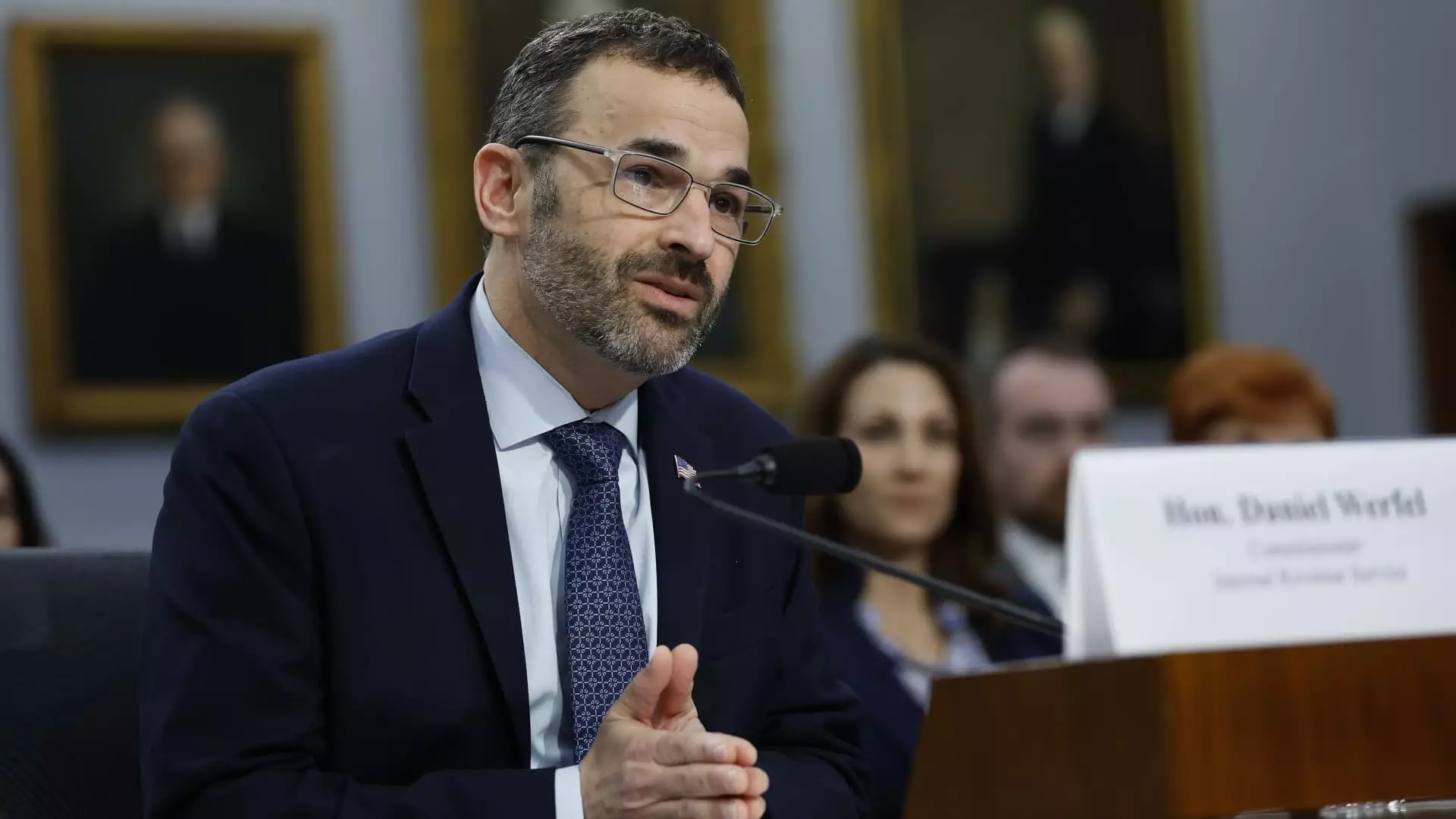The U.S. Department of the Treasury, along with the IRS, has recently revealed a plan aimed at closing a significant tax loophole utilized by large, intricate partnerships. This initiative has the potential to generate over $50 billion in tax revenue over the next decade. The focus of this plan is on eliminating what is known as “related party basis shifting,” where businesses operating through various legal entities manipulate asset values to receive more tax deductions or minimize future gains.
IRS Commissioner Danny Werfel emphasized the detrimental impact of these tax shelters, stating that they enable affluent taxpayers to evade their tax responsibilities. This exploitative practice has allowed some individuals and entities to avoid paying their fair share of taxes by engaging in complex financial maneuvers.
Following a thorough examination of the issue, the Treasury and the IRS are planning to introduce new regulations to address related-party basis shifting. Additionally, a revenue ruling has been issued concerning partnership transactions involving basis shifting without any genuine economic purpose or substantial business motive. These measures aim to curb abusive tax practices and promote greater tax fairness.
Despite a significant increase in pass-through business filings with assets exceeding $10 million over the past decade, the audit rate for these partnerships has drastically declined. This disparity raises concerns about the effectiveness of IRS oversight, particularly when it comes to high-asset taxpayers. The existing tax gap, estimated at $160 billion annually, is largely attributed to the top 1% of tax filers who exploit loopholes and deductions to reduce their tax obligations.
In response to these findings, the Treasury and the IRS are intensifying their efforts to combat tax abuse among the wealthiest individuals, corporations, and partnerships. U.S. Secretary of the Treasury Janet Yellen emphasized the government’s commitment to enhancing tax fairness and reducing the budget deficit through strategic regulatory interventions. This crackdown on tax evasion is part of a broader initiative to uphold tax compliance and ensure that all taxpayers, regardless of their wealth, fulfill their tax obligations.
The recent announcement aligns with President Joe Biden’s administration’s priorities, as outlined by his economic advisor. Sustained funding for the IRS is crucial in enforcing tax laws and preventing tax evasion among ultra-wealthy individuals. By closing tax loopholes and implementing stringent regulations, the government aims to promote transparency, fairness, and accountability in the tax system. The shared responsibility of paying taxes accurately and promptly ensures the stability and integrity of the country’s financial infrastructure.

Leave a Reply